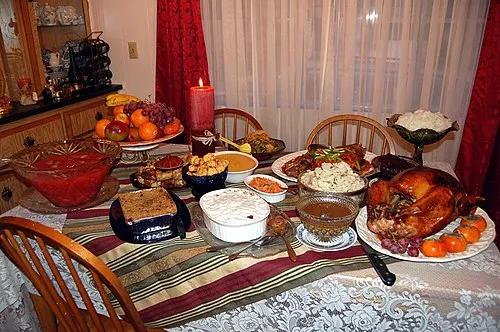
Wren Day: The Fascinating Tradition of Ireland and the Isle of Man
Wren Day, also known as St. Stephen's Day, is a unique and vibrant celebration steeped in ancient traditions in both Ireland and the Isle of Man. Celebrated on December 26th, this festival marks a time of festivity, folklore, and community spirit. In this article, we will explore the origins, customs, and modern-day significance of Wren Day, as well as its impact on local culture.
Origins of Wren Day
The origins of Wren Day date back to the early 17th century, with some accounts suggesting it might even extend further into history. The wren, often called the "king of birds," held a symbolic place in Irish folklore. Essentially, the day commemorated St. Stephen, the first Christian martyr, whose feast day falls on the same date. Stories tell of a group of hunters who mistakenly believed they had killed a wren, leading to the association of the bird with this day.
Traditional Customs
One of the most notable customs of Wren Day is the practice of going "wren hunting." Participants, often dressed in elaborate costumes, parade through towns and villages. They carry a decorated wren (or a representation of one), and this tradition is deeply connected to the idea of communal celebration and remembrance. The group typically sings traditional songs and collects donations for charity in a festive spirit.
Another element of Wren Day is the rhythmical music and dance that accompanies the celebrations. Local musicians often play traditional Irish tunes, creating an atmosphere of joy and camaraderie among participants. This practice not only preserves the country’s rich cultural heritage but also brings communities together in a celebratory spirit.
Modern Day Observances
While many traditional aspects of Wren Day have been maintained, modern interpretations have emerged. In urban areas, organized groups have taken the initiative to blend traditional practices with contemporary celebrations, including concerts and public events. Many pubs and restaurants also participate in the festivities by hosting live music, encouraging locals and visitors alike to immerse themselves in Irish culture.
In the Isle of Man, Wren Day has its own unique flavor. Known as the “Wrenboys,” the island’s inhabitants participate in similar festivities, emphasizing community spirit. The Wrenboys dress in costumes, and their singing is a vital part of the holiday, symbolizing joy and unity within their communities.
Environmental Significance
Aside from being a day of celebration, Wren Day serves as a reminder of the importance of birds and nature. The wren itself is a common bird found throughout Ireland and symbolizes resilience and adaptability. This connection to nature encourages many participants to engage in environmental conservation efforts, making the celebration not just a historical observance but also a progressive initiative to protect wildlife.
Conclusion
Wren Day is much more than a simple post-Christmas festivity. It encapsulates a rich blend of history, culture, and community spirit that resonates deeply within the hearts of the Irish and the people of the Isle of Man. As traditions continue to evolve, the inherent joy and unity felt during this celebration remains timeless. Whether through music, dance, or storytelling, Wren Day continues to foster a sense of belonging and pride in cultural heritage.






